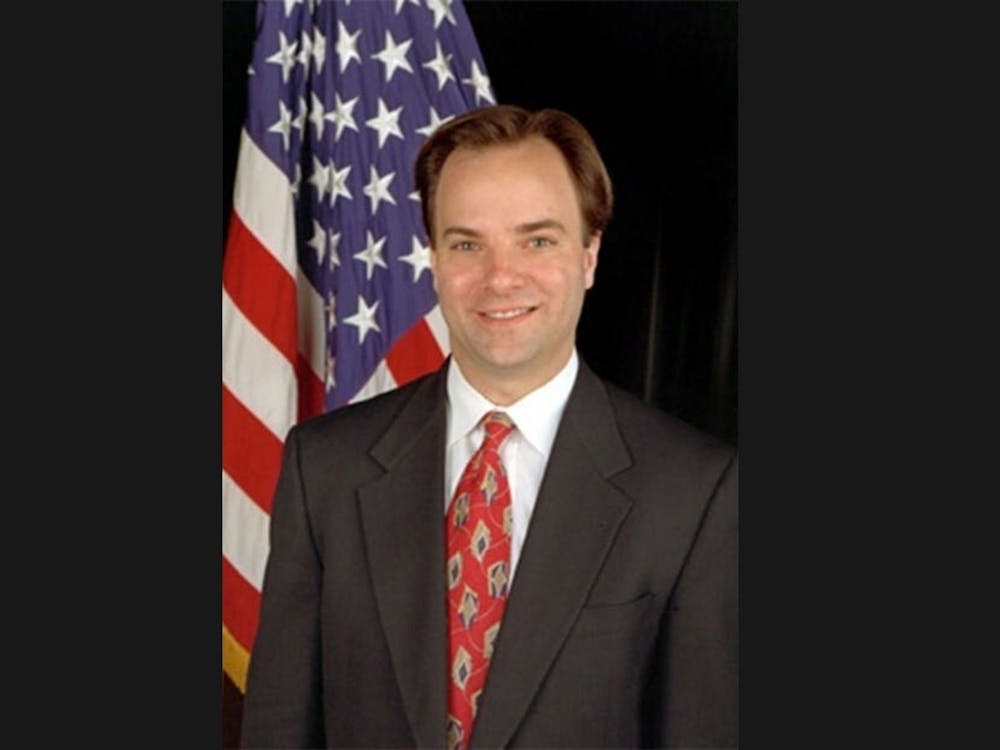Ready to resume and de-Zoom? As students wait for a return to in-person classes, Mark McClellan, former commissioner of the U.S. Food and Drug Administration, cautioned that Duke must put innovative safety measures in place before reopening.
McClellan, also director of the Duke-Margolis Center for Health Policy, gave an online talk Friday afternoon for local and national reporters. During the talk, he explained that the transition from social distancing to more lax guidelines will not happen suddenly.
“As we gradually turn on the faucet, some regions are still moving forward, while others are moving back,” McClellan said at the talk, hosted in conjunction with the Office of Global Communications. “We cannot have just one huge step and begin reopening everything.”
As states consider allowing nonessential businesses, such as hair salons and bowling alleys, McClellan encouraged North Carolina to wait until three specific criteria are met: available testing upon demand, a healthcare system which can assist coronavirus patients and still ensure adequate responses to others patients, and common, affordable access to personal protective equipment, such as masks and gloves.
Businesses cannot simply ignore the virus when they open, McClellan cautioned. They must practice similar measures to grocery stores and pharmacies, such as consistent sanitation for employees, proper clothing and accessories and mandatory social distancing between customers. In some states, patrons currently cannot enter stores unless they wear masks, and McClellan expects such policies to continue.
These precautionary measures also apply to Duke, which has additional challenges to deal with. With Duke’s global community, the University must ensure safety before eliminating precautions. McClellan reminded the audience that even if North Carolina remains relatively stable, students traveling from hotspots like New York and New Jersey could still transmit the virus.
Along with plans designed to increase testing and protective equipment, McClellan also encouraged an increase in contract tracing to curb the spread of the virus, as he explained this additional factor prevented deaths during previous pandemics. What makes such tracing difficult in the case of coronavirus is the potential for asymptomatic carriers, which are less equally tracked. McClellan specifically referenced Palantir—a company that has been the target of on-campus protests over its contracts with Immigration and Customers Enforcement—as a company leading national efforts.
Regardless of future developments around the coronavirus, McClellan expects a few years to pass until all of these measures can be safely lifted—which would likely come after a vaccine was widely available. Experts project that the development of a vaccine will take at least 12 months.
Get The Chronicle straight to your inbox
Signup for our weekly newsletter. Cancel at any time.

